In the time period between October 2021 and May 2022, altogether seven workshops were held. Three of them were held in a rural area.
Locations: Rīga, Valmiera, Daugavpils, Liepa; 4 Schools, 1 Co-creation workshop and 2 Youth centers.
Total: 101 participant, ~40 participants out of this number with fewer possibilities
It is known that most participant groups included youth with fewer possibilities due to Economic barriers that usually went together with Geographic obstacles, in some cases educational difficulties or social obstacles like living with a single parent.
It was a good experience. Youth and the workshop facilitators have developed many skills while
participating in this project. Half of the facilitators had prior knowledge of 3D modelling and printing before this project. The facilitators had prior working experience in youth field so it helped with planning non-formal activities.
The facilitators stated that workshops were fun and participants were excited to learn more about 3D
printing and silicone molding. They found new possibilities to talk about technologies that are used globally.
Skill development
After self-evaluation in the beginning and end of the 3D workshops, the biggest impact in participant views of their development can be observed by the rise in technical thinking and creative thinking skills level.
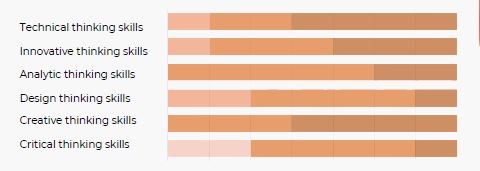
Latvian facilitators’ advice in organizing 3D and silicone molding workshops:
- Youth that had never used a 3D programme before had difficulties understanding 3D environment and thinking in 3 dimensions. Provide them with the necessary time to experiment!
- Youths’ first models were not suitable for silicone molding. A solution was to provide them with model that are suitable for silicone mold or make another workshop.
- Take in notice that facilities usually provide only one printer, that means that it will be a slow printing process.
- The curriculum of 3D printing is quite theory-based. Use of non-formal activities will make the process smoother.
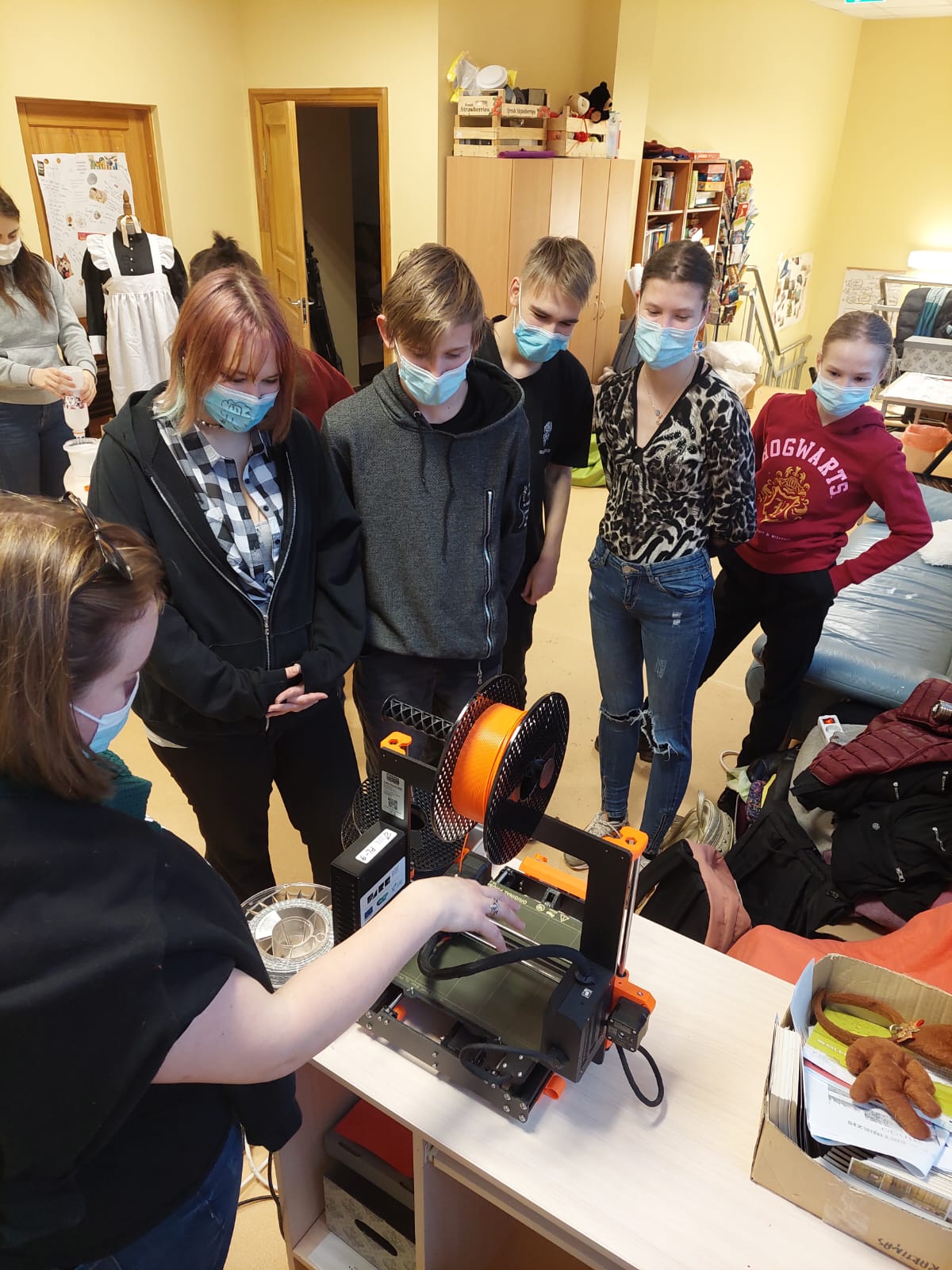
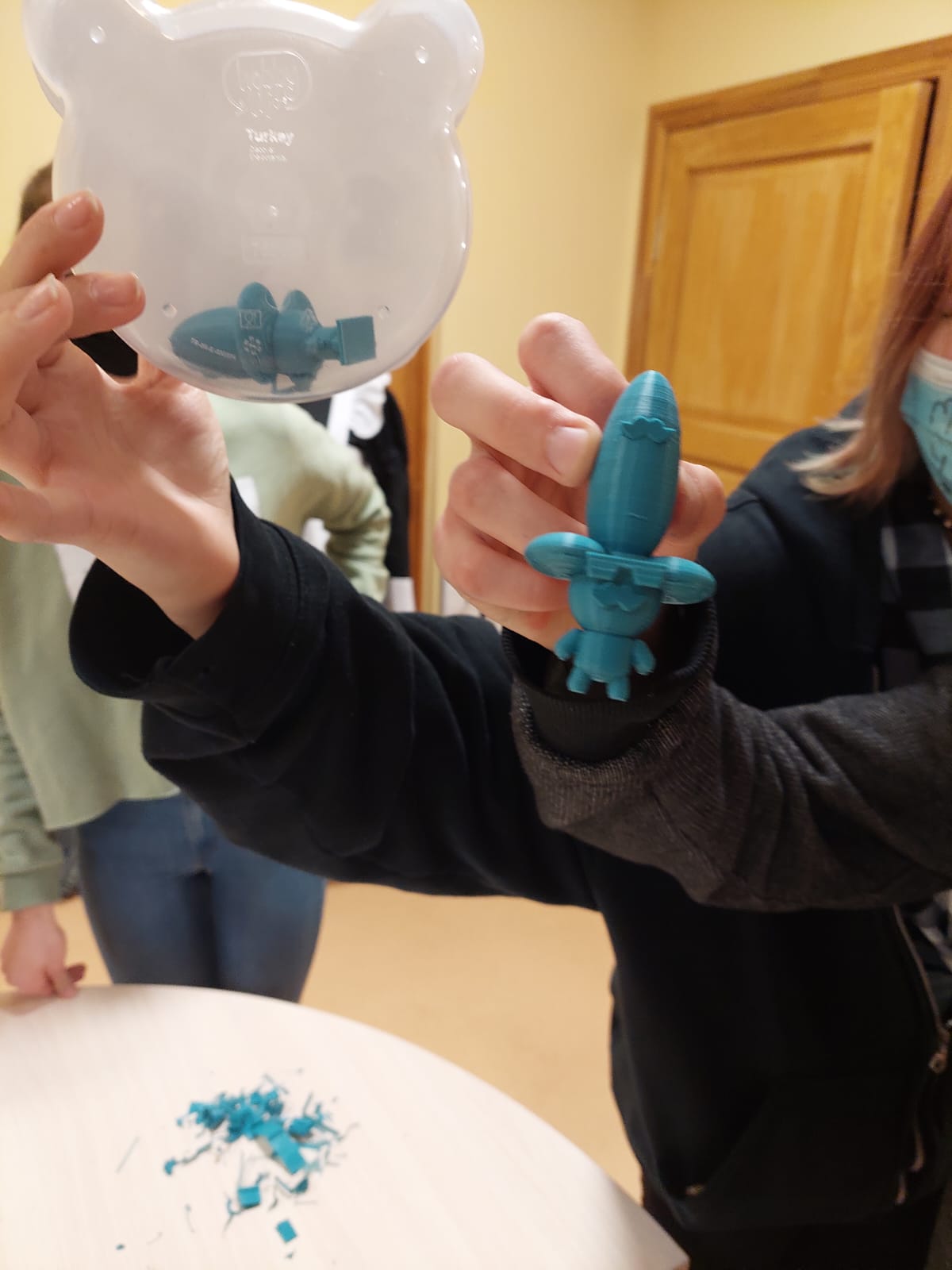
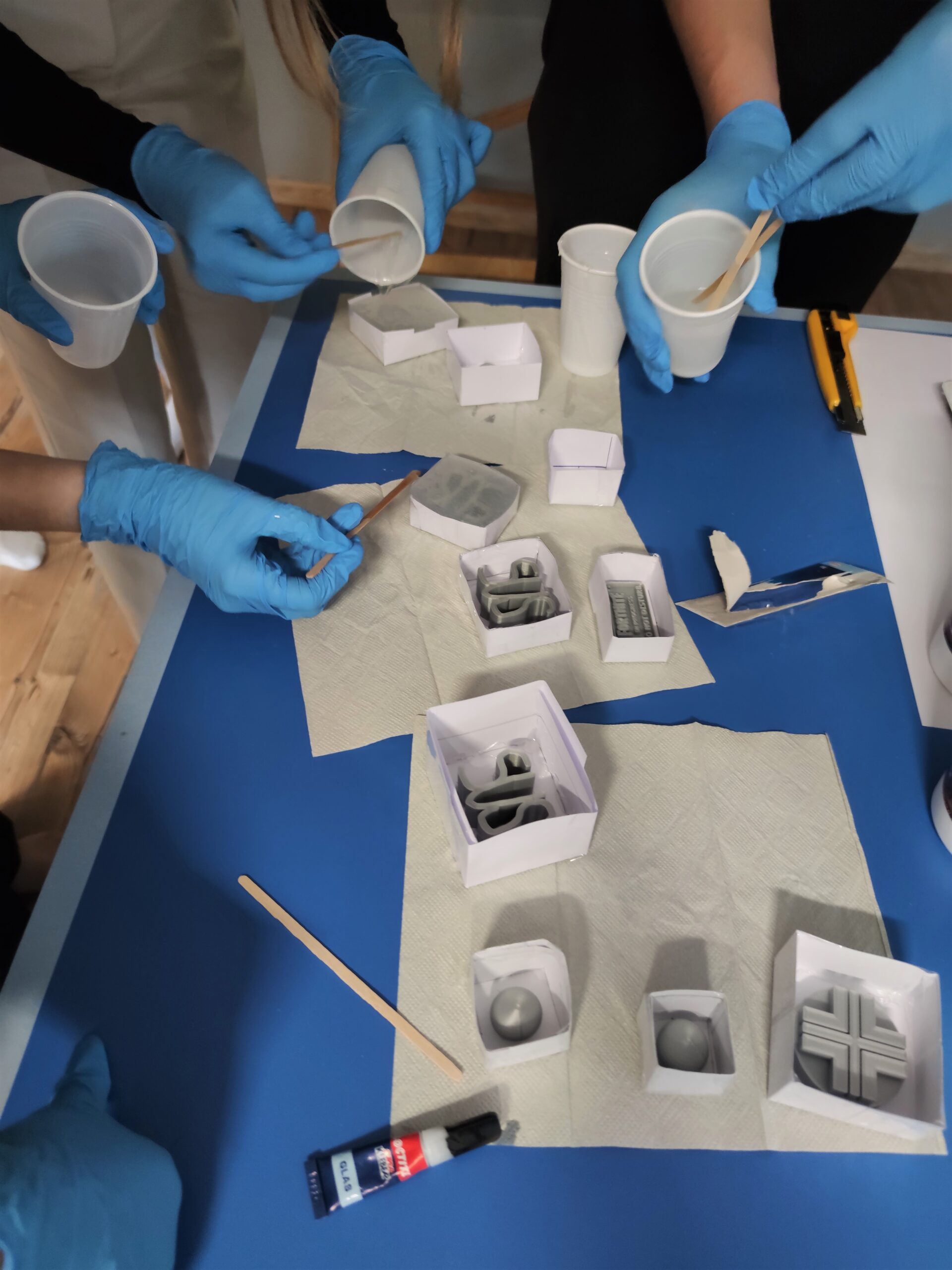
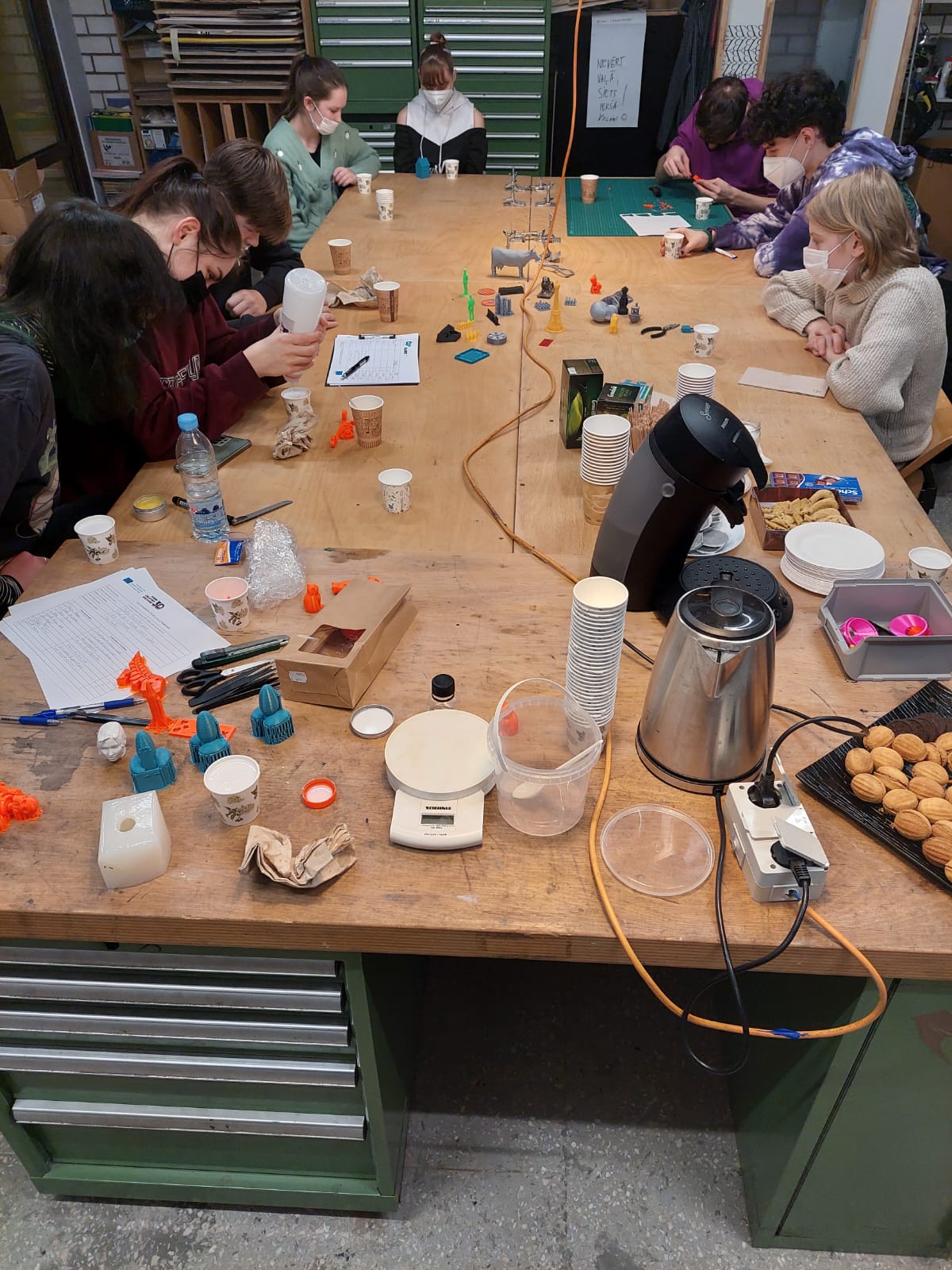
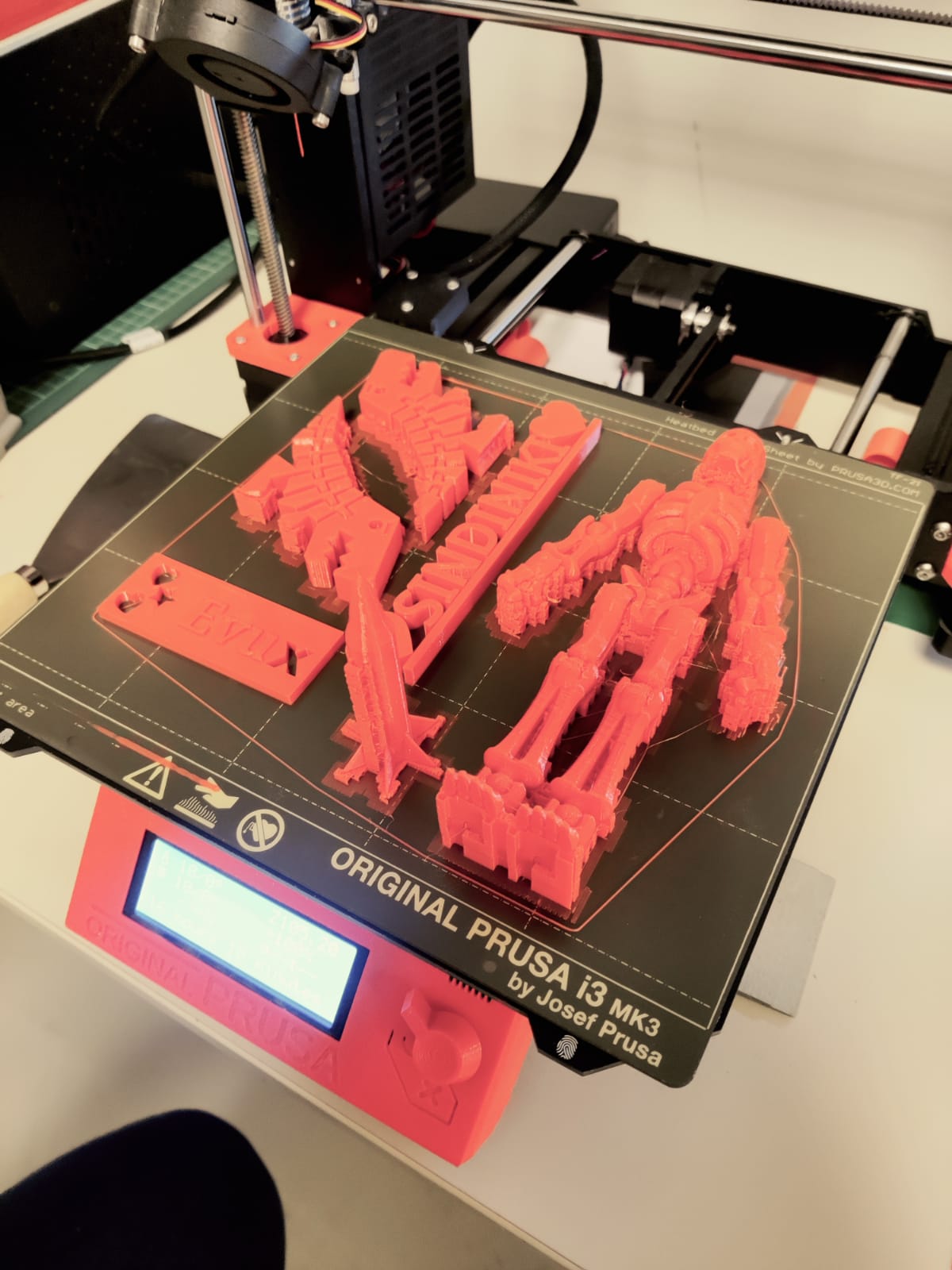
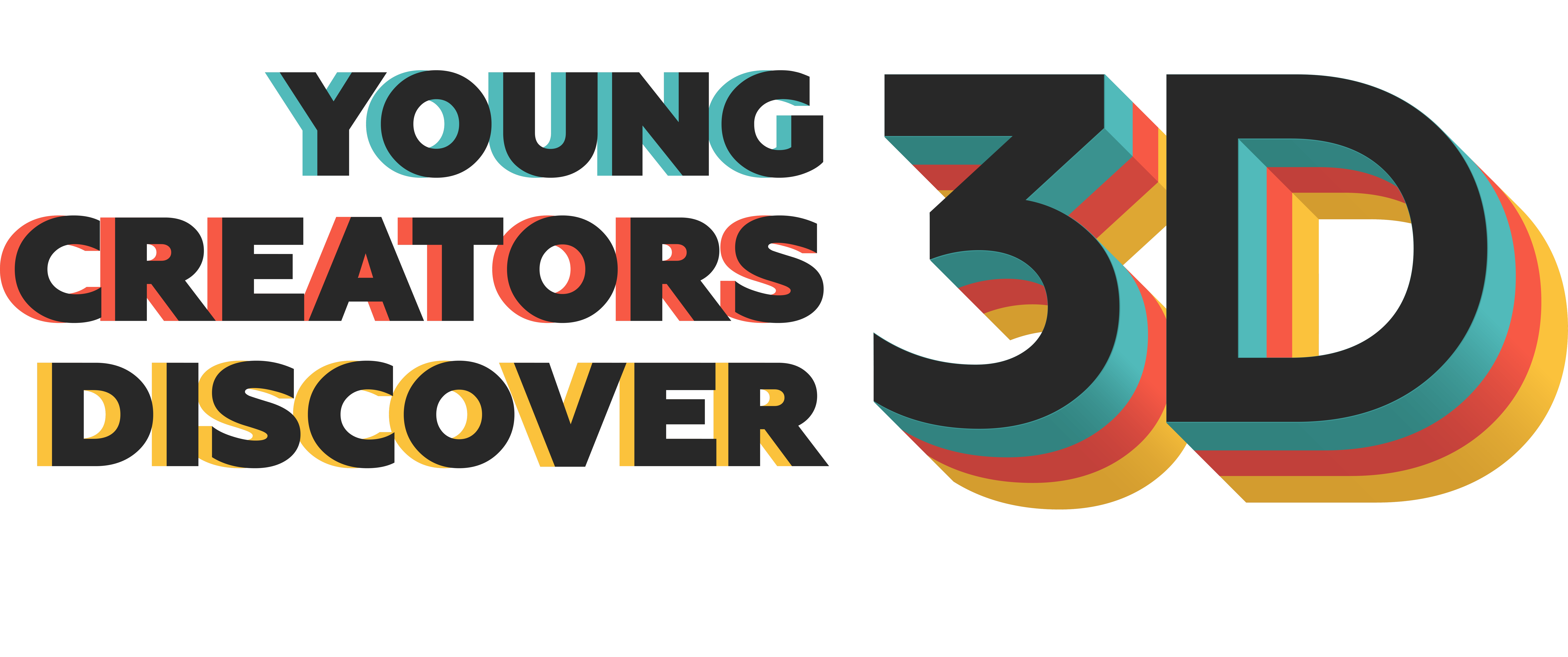
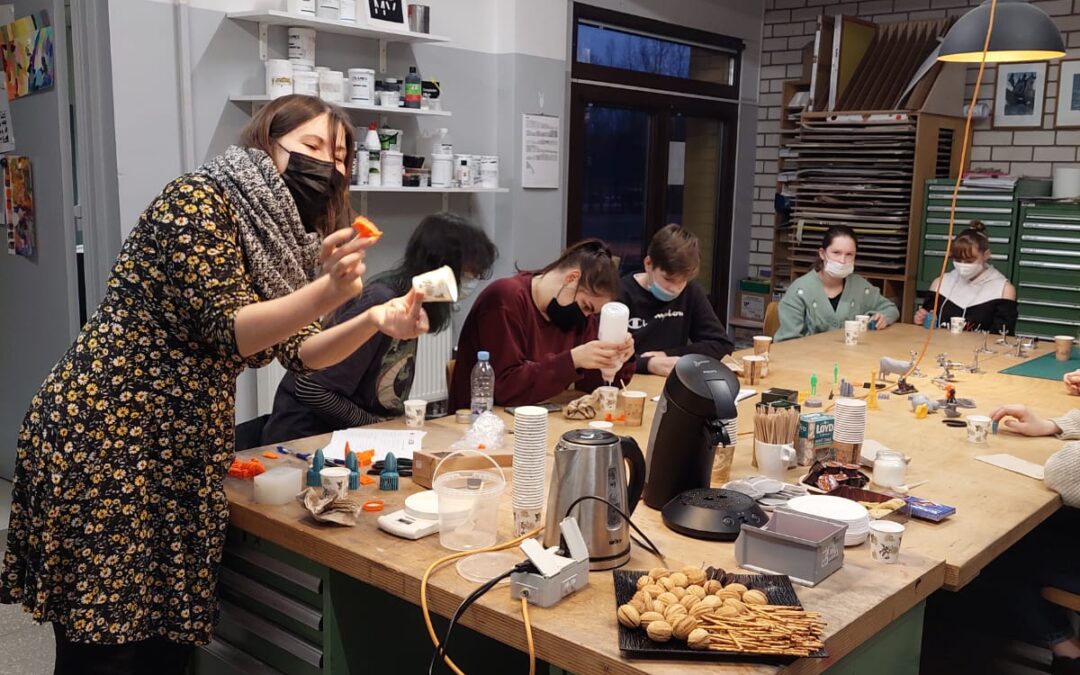
أحدث التعليقات